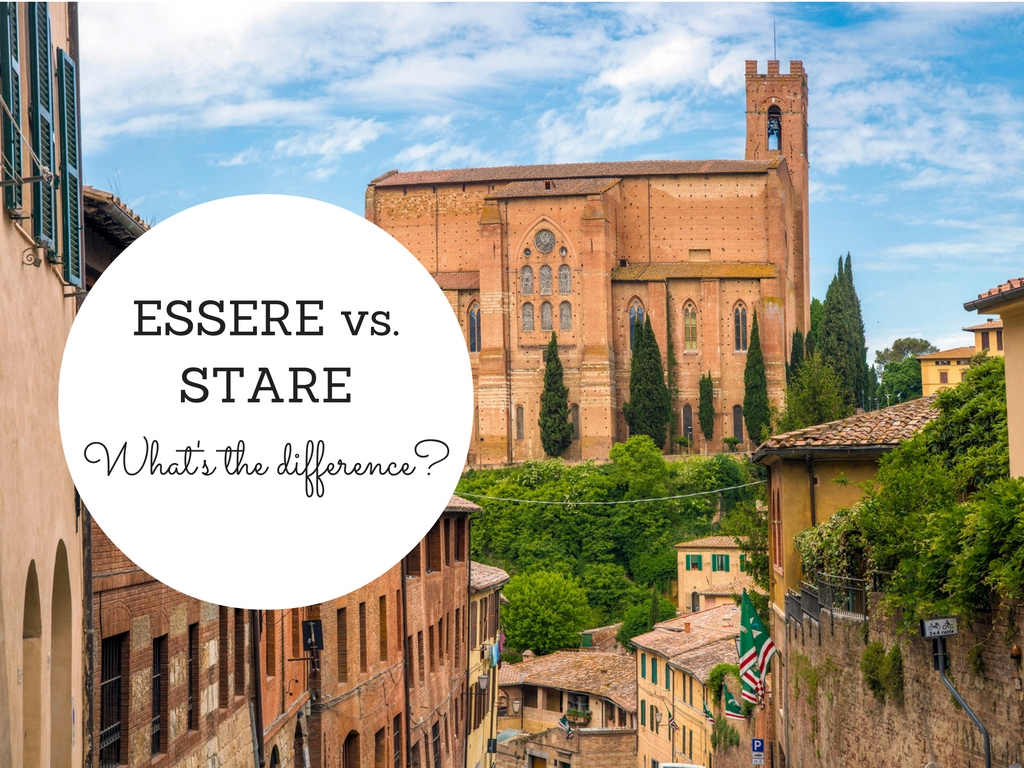Blog
Basta/Abbastanza/Mi basta: The Difference
Everyone has heard at least once the words "basta! or "abbastanza" or "mi basta."And although they all look very similar, their uses and meanings differ significantly. Let's take a look at it now! Basta Basta! means enough! stop! It’s an invariable noun,...
What’s the meaning of ‘Cioè’ in Italian?
Cioè is one of those words that Italians frequently throw-in during a conversation. In English, cioè can take different translations, depending on the context. In any case, no matter the context, cioè is used to provide or give additional information about something...
Volerci and Metterci:The Difference
When we want to say how long something will take, we often use the Italian expressions ci vuole or ci metto. However, the fact that they can't be used interchangeably often leads my students to confusion. So, what exactly is the difference between ci...
10 Italian Slang Words You Won’t Find in Textbooks
Do you want to sound more natural when speaking Italian? No matter you are new to the beauty of the bella lingua or you have already spent several years studying it, these 10 useful slang expressions, will help you to speak Italian more like a native...
How to write a formal (or informal) email in Italian
You may have found yourself in a situation where you need to write a letter or an email in Italian to your Italian professor, or perhaps you need to learn how to write emails for your Italian Language Certification exam, but you don’t know where to start. This guide...
The 25 Most Popular Italian Sayings About Life and Their Meanings
Learning sayings in Italian may not only help you with your learning but also give you an insight into the culture of Italy. There are many Italian sayings that are used in everyday life; Most Italian proverbs have clear cultural or regional boundaries, making them...
Telling the Time In Italian: A Simple Guide
First, the word "time" has two primary translations in Italian: tempo and ora. Tempo denotes the abstract idea of time (Il tempo vola = time flies) Ora is instead the the, by the clock (che ore sono? = what times is it?) How to Say "What Time Is...
Italian Imperative. A Simple Guide.
The Imperative form in Italian is used to: Give commands Offer exhortations Advise or invite someone to do something In essence, the imperative is used to tell people what to do things. Consequently, it is only conjugated for the second person singular (informal "you"...
Essere and Stare: The Difference.
In Italian, there are two verbs that have just one equivalent in English: stare and essere. They are not interchangeable, though. The good news is that in 95% of the cases, the verb to use is essere. So, when in doubt, use essere! However, there are cases where...
Lì and là? Qui and qua? The Difference.
What is the difference between lì and là or qui or qua? If you have ever felt confused about whether to use lì or là or qui or qua when speaking in Italian, this post is for you. Let's get straight to the point... Your question may be whether there is...










